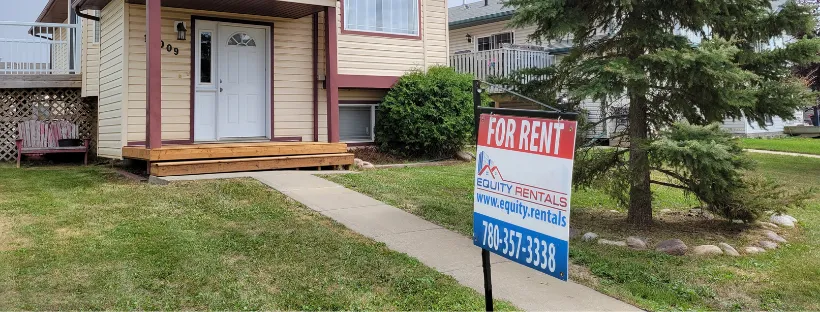Questions are valid for new or seasoned renters especially when moving to a new property management company that may have their own rules in addition to the Residential Tenancy Act.
Here are the top questions renters need to ask before signing a lease:
What is the current rent & security deposit?
- Should there be an outdated ad the renter saw, or a promotion offered not listed, this will encourage a conversation about the most current values of renting a property and ensures the renter will get the best value.
Are utilities included?
- The value of utilities will greatly change whether the renter’s budget may be able to afford a property. Get clarity on the complete cost of living. If utilities are not included, find out the process to have them hooked up. Generally, it will be the responsibility of the renter to call the utility companies and set up their accounts. This could include deposits or set up fees, so be sure to ask this as well.
What furnishings or appliances are included?
- Some properties include window furnishings, some you supply your own. There are furnished and unfurnished properties for rent as well. It’s possible to have a washer, dryer, dishwasher and microwave or these may not be included. Find out exactly what the property includes and doesn’t include.
What is the late fee policy?
- Ask what the late fee value is and how and when it is applied to your account.
Are there any non-refundable fees?
- Some landlords charge processing, application or credit check fees. Understand what is refundable and what isn’t.
How long is the lease duration?
- Most landlords will require a one-year lease, however, occasionally this can be bargained if the renter meets the requirements of the application and the property is available for the time limit needed. It never hurts to ask if a different length of time is required by the renter.
What happens at the end of the lease duration?
- Find out if the lease is automatically renewed and goes month-to-month or if the lease automatically terminates and the renter is expected to renew or move out.
What payment methods are accepted for the rent?
- Each landlord will have different policies. Learn whether direct withdrawal, e-transfer or another form of payment is accepted. Most landlords will not accept a credit card for rent payment.
Early Lease Terminations: Get the details.
- A year is a long time, so understand what happens when life happens, and the renter needs to terminate a lease early. Most landlords will require the renter to be responsible for the lease until the property can be rented by someone else. Sometimes subletting can be an option. Find out the choices offered and ask what fees are involved in this process.
What is the pet policy?
- If the property does not allow pets, there may be an exception. It doesn’t hurt to ask and it’s also okay to ask why not. If the property does allow pets, find out what the pet fee is in addition to the rent. Ask what happens if there is extensive damage caused by the pet and the procedures the landlord might take.
What is the move in date? Is it negotiable?
- Moving in dates are sometimes flexible depending on whether the property has been vacant for some time or if other renters are moving out. Find out the availability to be clear when it’s possible to move in.
What is the subletting policy?
- Most landlords understand circumstances change and occasionally people need to move out before the lease ends. Find out if subletting is an option. The landlord may require the subletter to meet the application approval criteria and can disqualify unapproved applicants.
What is the guest policy?
- Find out how long a guest can stay before the guest is considered a roommate and needs to be added to the lease or approved through the application process.
What are maintenance request procedures and who does repairs?
- Find out what the renter is expected to maintain and what the landlord will maintain on behalf of the renter. Then ask what the procedure is to report a maintenance issue. Some landlords contract out and some use in-house maintenance teams. The landlord should request permission to enter on behalf of the maintenance team when scheduling them for the repair, unless it is an emergency like a burst pipe or fire.
How much notice is given before the landlord can enter?
- 24 hours notice is required before entry unless it is an *emergency (*ask for details about what is considered an emergency).
What is the crime in the neighbourhood and has the property been broken into before?
- t’s a good idea to understand the area and know more about the neighbourhood before moving in. Drive through it during the day and at night. Is there a loud train nearby or a neighbour’s dog that barks a lot? Once you move in, these things will not be enough reason to break a lease.
Communication is the most important part of the rental process. Do you have any other questions you would ask? Comment below and let us know.





